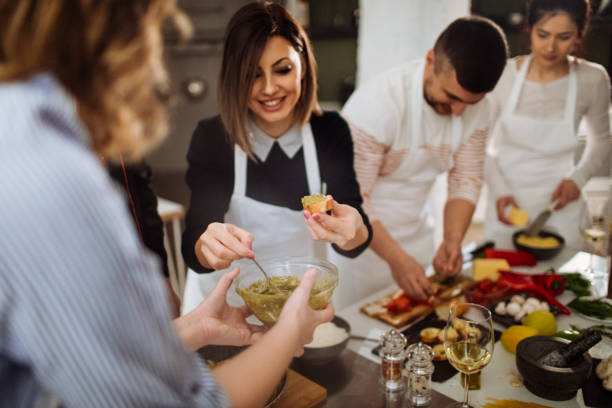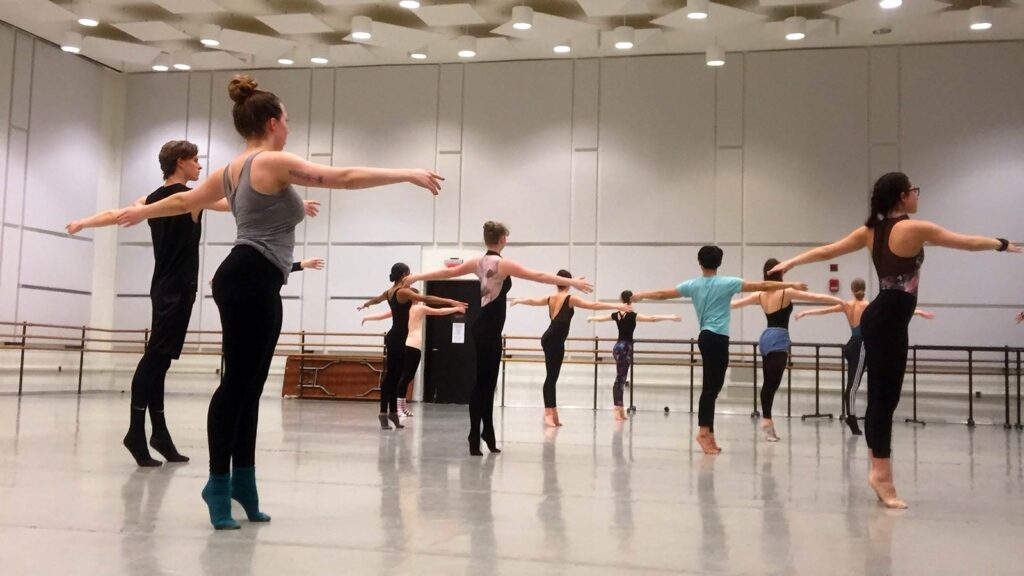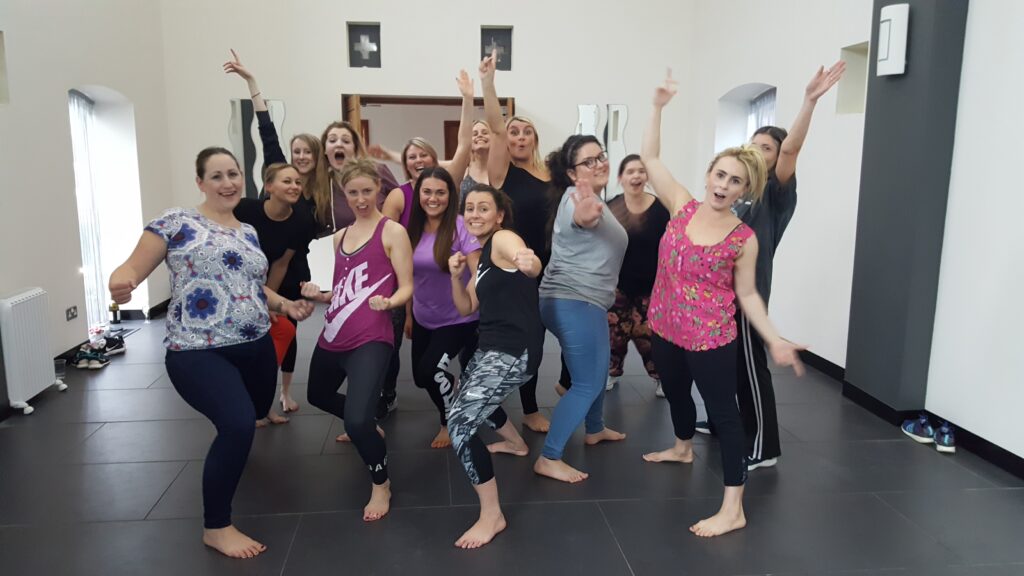New Zealand’s diverse cuisine is heavily influenced by its Māori, Pacific Island, and European heritage.
Some of the dishes you would come across include hangi which is a traditional Māori dish that is prepared in an underground oven, pavlova which is a meringue dessert with whipped cream and fruit, fish and chips which is a popular pub food dish consisting of French fries and fish, lamb shanks, beef burger, whitebait fritters, etc.
Recommended: 16 Top Recruitment Agencies in New Zealand for Foreigners
In this article, we look at the best culinary schools in New Zealand where you can learn all the dishes I mentioned and many more.
Aside from the knowledge and skills you will gain, it is important to note that a chef in New Zealand makes around $53,625 annually. Where you work and your experience also influences the amount you make as a chef.
Factors to Consider Before Picking a Culinary School
In this section of the article, we look at a long list of things you should consider before signing up for any culinary class.
These factors are all important for you to consider so you get the best education for your money.
Licensing and Certification
You must make sure the school provides certification for the culinary course that you are taking. This certification will serve as proof that you have completed a culinary course from an accredited institution.
Many people include their certifications in a section of their resume to show potential employers the training they have had.
Culture and Environment
I always advise those seeking to enroll in a culinary school to visit the school in person to get a feel of what the environment is like and what the school’s culture and student life are like.
Student Support Services
You need to ensure that there are side services attached to the training like academic advising, counseling, and extra classes so that you get the best value for your money.
Culinary Competitions and Awards
Check online and ask around to know if the school you are putting in for has awards from competitions they attended or generally a recognition award.
This is usually an indication that they are good at what they do.
Diversity and Inclusion
Ensure the school you apply to has a commitment to inclusion, this is one of the factors that ensure they can provide an appropriate learning environment.
Industry Connections
You do not want to attend a school that will not aid in your placement after you finish your program. Job hunting by yourself after spending tuition fees might be the most depressing thing ever.
Ensure your school has a wide network of restaurants where they can refer their students to after completion of the culinary program.
Career Services
Ensure the culinary school teaches you more than cooking. To become a professional, you need to be trained in aspects like resume writing, cover letter writing, etc.
Class Size
An overcrowded class is not something you want because there is less room for individualized attention, and you may end up not getting your money’s worth. To ensure the student-to-teacher ratio is good enough by your standards.
Recommended: 18 Top Bad Things About Living in New Zealand
Duration and Schedule
You must confirm how long the program is, some programs are offered by universities and may take anywhere from 6 months to 4 years of bachelor’s program. So, ensure that the length of the program and the time of the program fits right into your expectations and schedule.
Cost and Financial Aid
Check the prices of multiple culinary schools, and compare and weigh them against your budget to decide which is best for you. Some people want to get the best training and do not mind paying any amount for it, others want to simply go for what they can afford.
Location
How far is the school from where you live? You need to consider the cost of driving there every week. Some people prefer something close to their vicinity, while others do not mind moving long distances.
Alumni Success
Check for testimonies from former students who attended the same school. Did the school give them job placements or were they abandoned to go fight unemployment on their own? The answers you get from this would help you decide which school is better.
Internship and Externship Opportunities
A good culinary school must have links with both regular and fine dining restaurants where students can go for externships, better yet the school itself might have its own restaurant so you do your internship there.
Student-to-Faculty Ratio
Compare the number of tutors to the number of students. If you notice one person is handling all the teaching for all topics, then it is not a good school. There must be specialists covering their area of specialization in the training.
Facilities and Equipment
A good school must have a good learning space and standard equipment that students can use for hands-on training. This will increase the rate at which students assimilate what is being taught.
Faculty
Check out the trainers for the program, their qualifications, and industry experience. You do not want someone with little experience and knowledge to teach you how to become a professional culinary expert.
Curriculum
Go through the curriculum used by the school to ensure that they cover everything needed for the specific culinary specialization you are aiming for. Areas of specialization include hospitality management, baking, pastry arts, and culinary arts.
Accreditation
Ensure the school you attend is accredited. Accreditation signifies that the school meets certain criteria and is good enough to train new persons who are interested in that career path.
The List of Culinary Schools in New Zealand
Below are some of the top culinary schools in New Zealand. Ensure you read the previous section before going ahead to check out these schools.
New Zealand School of Food & Wine
This is a 36-week program that takes your culinary career to the next level.
They also offer WSET awards in wine levels 2-3. This school began in 1995 by Celia Hay and gives out several certificates in several areas of culinary.
Find more information here.
AUT Culinary Arts School
This is a 3-year bachelor’s degree that covers sensory appreciation and advanced culinary arts courses in years 2 and 3.
They lay emphasis on the cultural and social aspects of food appreciation. Find more information here.
Wellington Institute of Technology (WelTec) – Culinary Arts
Some of the culinary certificates offered by this school include food safety practice in a commercial environment, New Zealand certificate in cookery, New Zealand certificate in cookery managed traineeship, etc. Find more information here.
Recommended: 12 Top Nursing Recruitment Agencies in New Zealand
Otago Polytechnic – Food Design Institute
This school offers a Bachelor of Culinary Arts degree that combines traditional culinary skills with design thinking principles. Culinary fundamentals, design thinking, sensory evaluation, etc. are some of the topics covered in this program. Find more information here.
Ara Institute of Canterbury – Cookery and Culinary Arts
This school offers New Zealand certificate in cookery degree course. Their 2023 free for domestic students ranges from $7,419 – $8,255 per year, while international fee is $25000.
This current price expires on December 31st. Find more information here.
Manukau Institute of Technology – Culinary Arts
This school’s culinary programs offer all the practical skills you need, be it basic food preparation or advanced cookery and full chef training. Find more information here.
Toi Ohomai Institute of Technology – Culinary Arts
This school offers culinary programs for both international students and local New Zealand residents. Upon successfully completing their 3 years Bachelor of Culinary Arts (Level 7) program, you will have understood all the skills that are needed for you to succeed.
Find more information here.
Recommended: 9 Top Environmental Issues in New Zealand
Eastern Institute of Technology (EIT) – Culinary Arts
This school’s level 5 advanced diploma in culinary art is prepared to elevate you to a new height of expertise. They will develop your culinary skills and increase your employment prospects in areas like catering, fine dining, and commercial kitchens. Find more information here.
Le Cordon Bleu New Zealand
This is an internationally renowned institution. They offer a wide range of qualifications at all levels and this includes degree programs, diplomas, and certificates. Find more information here.
NorthTec – Culinary Arts
This institution offers a lot of affordable hospitality, catering, and cooking courses. They also offer entry-level courses to management qualifications. Find more information here.
Other culinary schools in New Zealand are listed in the table below:
| Southern Institute of Technology (SIT) – Culinary Arts | Website: https://www.sit.ac.nz/Programme/Course/ |
| Universal College of Learning (UCOL) – Cookery and Hospitality | Website: https://www.ucol.ac.nz/programmes/chef-training-hospitality |
| Crown Institute of Studies – Culinary Arts | Website: https://crown.ac.nz/hospitality/ |
| New Zealand Management Academies (NZMA) – Culinary Arts | Website: https://www.nzma.ac.nz/courses/cookery-overview/culinary-management-level-6-diploma |
| Nelson Marlborough Institute of Technology (NMIT) – Culinary Arts | Website: https://www.nmit.ac.nz/study/programmes/culinary-arts-cookery/ |
| Queenstown Resort College – Culinary Arts | Website: https://www.qrc.ac.nz/study/hospitality-management/ |
| Western Institute of Technology at Taranaki (WITT) – Culinary Arts | Website: https://www.witt.ac.nz/study/hospitality/cookery/bachelor-of-culinary-arts-level-7/ |
| Eastern Institute of Technology (EIT) – Food and Cookery | Website: https://www.eit.ac.nz/programmes/new-zealand-certificate-in-cookery-level-3/ |
| International Culinary Studio – Online Culinary School based in New Zealand | Website: https://www.internationalculinarystudio.com/ |


